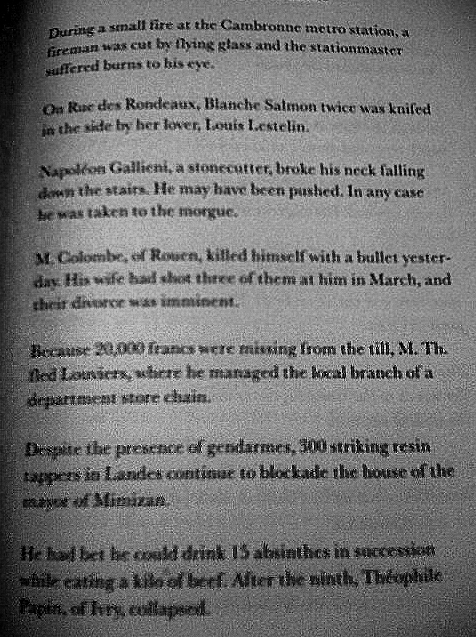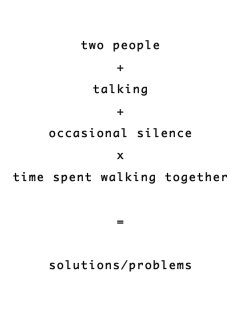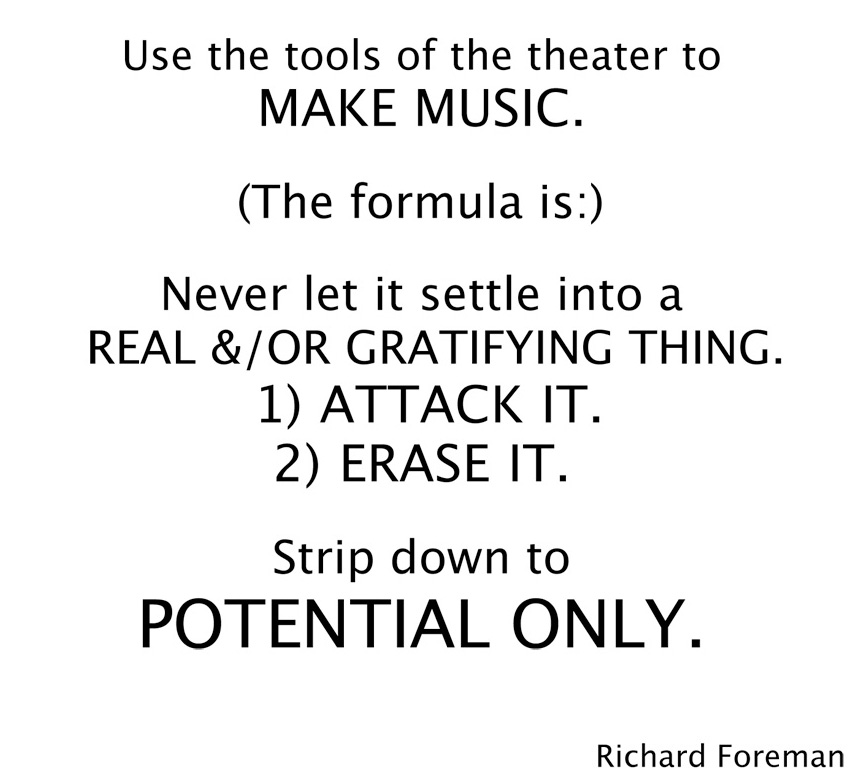I read most of Cormac McCarthy's The Road in two sittings on plane journeys between Oslo and Bergen these last couple of weeks. I finally completed it, slowing down to properly feel through the last couple of chapters, whilst sat in the sunshine, waiting for a ferry to cross a river in Fredrikstad and then on the platform at the town's tiny railway station. I liked the book a lot.
Somewhere in Species of Spaces Perec makes a set of notes about the topic of reading, including a section on the places in which people read. I'm sure there was something strong for me about the meeting of The Road and the contexts I was reading it in. In McCarthy's book the earth is brutalised and desolate – a desert of blizzarding ash and melted buildings, in which walking a nameless road is the only means of transport. The book worked as a scary momento mori in the hi-tech terminals and departure lounges of the airports, with their chic shops, crowds and all that. Everything I looked at in the world was gone each time I looked to the page and everything on the page was still there like a shadow, a scorched after-image each time I looked back.
I've read so much post-apocalypse. From books I read as a teenager like Walter M. Miller Jr's A Canticle For Leibowitz, Harlan Ellison's A Boy & His Dog, via J.G. Ballard's systematic destructions of the earth in The Drought, The Drowned World and The Crystal World, through to Russel Hoban's brilliant Riddley Walker which I read back in the 80's and David Mitchell's more recent Cloud Atlas.
I guess what's interesting about the genre (as in so much science fiction) is how it lets writers extend/distort/edit the world at will in order to magnify the things they're interested in. It's fundamentally a poetic form – giving permission to a world that allows and enacts a re-arrangement of the quotidian, all 'excused' by the apocalypse, by the breakdown of old reality. In Ballard the exterior transformation is always essentially a sign of some deep and weird inner one, whilst for Hoban it's language that grips him, its power, its hold on us, and more especially in Riddley Walker, it's stories themselves that he's drawn to – myths, folk-tales, the functions of narrative as knowledge in culture – and it's these things that he fills his destroyed world with.
McCarthy's interested in two things. The first is landscape. The exterior world and nature in general as fundamentally and starkly non-human – spaces that are not so much hostile as vast and utterly utterly indifferent. I guess it was really no big leap from the brutal deserts and landscapes in his Westerns to the harsh harsh and utterly unforgiving space he's made here. If you want to show people he seems to be saying, it's best to cross out more or less the whole of the world; then you'll see them better. It's a cruel experiment and once he's gone through with it the characters that he's focused on have nowhere much to hide.
The Road is tense from the start, often almost unbearably so. It's a tension built on viscous simplicity – stranding the protagonist survivors, a man and his son, in a hopeless ragged journey, often starving, sometimes ill, always terrified, frequently appallingly cold, towards a 'coast' that they have no real reason to believe will offer any sanctuary at all. We're told nothing much of the war that's caused the destruction, and learn nothing much of what happened to humanity in the immediate aftermath – these things aren't of any interest to McCarthy. Instead we're placed, as a fait accompli, in a situation degraded beyond belief and left there on a road summoned by McCarthy's stark and dense prose, with its echoes of the Old Testament and the Western genre. Mass starvation, environmental destruction, political collapse and terror make their own ethics McCarthy suggests and for the most part they are not pretty – in The Road he makes a world where any niceties of morality or social code have been more or less devoured by pragmatism.
The tension of the book is a lot to do with the single simple narrative question that it sets up and follows methodically – the question of how or if these two nameless figures will survive, or of which fate amongst a set of miserable options will await them on the road. McCarthy takes his time. Events unfold slowly. Sticks are gathered to make a fire. The small sticks are placed on the ground, at the bottom, the larger sticks are laid on top and then lighter fluid is taken from a canister to douse them with before a flint can be struck and the first flames are seen. In this meticulous slowed time there is always a tension. Sometimes ill things come out of it. Sometimes not. But the tension is always there.
There's also a tension related to the father's care for his son and the ongoing question of how he can exercise this unenviable duty. Several times in the narrative the father struggles and tortures himself with the question of how much he should tell the child – how much of what went before, how much of what he thinks might be to come.
Their relationship in the book is perhaps staged as a last vestige of an optimistic social possibility; one not based on fear or the brutal exercise of power (as most things are in the world of The Road), but one rather based on love. But in McCarthy's hands here love becomes a kind of terrifying burden, seemingly bordering on a death sentence. His protagonist is a father who has to care for, protect, advise and comfort a child in a world that has precisely no comfort, no security, and no hope. It's this paradoxical duty – of a love driven to terrible things in order to protect its charge, and of love carried out in the full knowledge of its almost total inadequacy – that McCarthy is perhaps chasing in this book. It seems in one sense like something far off, or far away.
But though The Road is ostensibly set far off in some terrible future my best guess is that in fact it's about now – that its central concern is the burden of adults in relation to children, especially as such a relationship might operate in the face of actual or coming terror – whether from ecological disaster, political brutalism, terrible poverty, moral collapse or some combination of all these. Of course these aren't all here as realities for everyone just now – but they are vivid and very present spectres.




